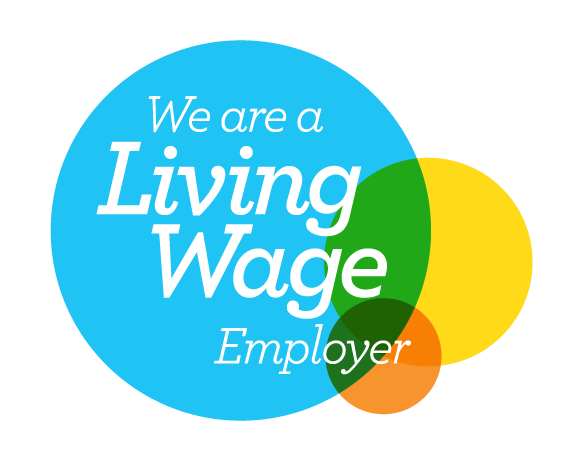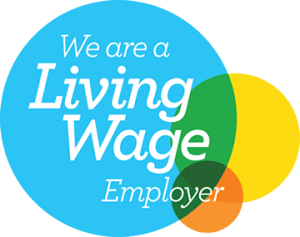Understanding ISSB Reporting in the UK
Understanding ISSB reporting in the UK: An introduction for businesses
The International Sustainability Standards Board (ISSB) has introduced new reporting standards designed to enhance transparency and accountability in sustainability practices. For UK businesses, aligning with ISSB requirements offers a chance to build credibility, attract investment, and drive long-term value. This blog provides an introduction to ISSB reporting—what it involves, who it affects, key requirements, timelines, and the potential consequences of non-compliance.
About the International Sustainability Standards Board
What is the issb?
Launched by the IFRS Foundation at COP26 in November 2021, the ISSB aims to create a global baseline for sustainability-related financial disclosures. The goal is to help investors and stakeholders assess the sustainability performance and risks of companies worldwide. The ISSB standards align with existing global frameworks, such as TCFD and GRI, and focus on two primary areas:
- S1: General Requirements – Principles for disclosing sustainability-related financial information, covering environmental, social, and governance (ESG) factors.
- S2: Climate-related Disclosures – Specific requirements for reporting on climate risks and opportunities.
The UK’s upcoming Sustainability Disclosure Standards (SDS) will build upon these global standards, particularly the S1 and S2 guidelines. By aligning with ISSB, the UK aims to expand beyond TCFD climate disclosures to include comprehensive sustainability metrics across all ESG areas.

ISSB REPORTING CRITERIA
Who Does ISSB Reporting Apply To?
ISSB reporting is primarily aimed at large, publicly listed companies. While the ISSB doesn’t set strict definitions based on employee count or turnover, UK regulators may use these metrics to clarify eligibility. Companies in the UK may need to meet criteria like the number of employees, annual turnover, or balance sheet size to determine whether they are required to comply.
Businesses already reporting under frameworks like TCFD may need to adjust their reporting to align with ISSB standards as the latter becomes the primary framework for sustainability disclosures.
UK SUSTAINABILITY REPORTING
TCFD vs. ISSB: Key Differences and UK Requirements
While TCFD focuses solely on climate-related risks, the ISSB provides a more comprehensive approach to sustainability reporting by covering a wider range of ESG factors. Currently, TCFD reporting is mandatory for large UK-listed companies, but as the ISSB standards are implemented, UK regulators will likely align reporting requirements with ISSB. Companies may need to report against both initially, but ISSB is expected to become the primary standard over time.
ISSB REPORTING REQUIREMENTS UK
What Are the Reporting Requirements?
When the UK SDS is introduced, businesses will be required to meet several key ISSB reporting requirements:
Sustainability-related Disclosures
Full information on sustainability risks, opportunities, and impacts, covering governance, strategy, risk management, and metrics.
Climate-related Disclosures
Reporting on climate-related risks, including scenario analysis and emissions data.
Materiality Assessment
Disclosures of the most relevant sustainability risks and opportunities, along with the methodology used for assessment.
Integration with Financial Reporting
Sustainability information must be presented with the same level of rigour as financial data.
Assurance
Independent verification of disclosures will be encouraged to enhance credibility.
ISSB REPORTING DEADLINES
What Are the TIMELINEs?
ISSB standards are expected to be finalised by 2024, with phased implementation as follows:
2024-2025
Companies start preparing for ISSB reporting, integrating sustainability factors into their financial reports.
2025-2026
Large, listed companies begin compliance for the 2025 reporting year, with reports due in 2026.
2027 and beyond
Broader adoption, with potential alignment expected as standard practice for UK businesses, including smaller firms.
The UK’s SDS is likely to follow a similar timeline for implementation.
IS ISSB MANDATORY FOR UK BUSINESSES?
Voluntary or mandatory: what is the status?
While ISSB standards are expected to be mandatory for large, listed UK companies—especially those already complying with TCFD—smaller and medium-sized enterprises will initially have the option to adopt these standards voluntarily. However, it is strongly encouraged, as the UK government and regulators, such as the FCA, are likely to move towards mandatory compliance in line with global trends.
Consequences of Non-Compliance
Failure to comply with ISSB standards could result in several negative consequences:
Regulatory penalties
Fines and sanctions from regulatory bodies like the FCA.
Reputational damage
Loss of trust from stakeholders, impacting customer loyalty and public perception.
Investor disengagement
Reduced interest from investors, particularly those focused on ESG criteria.
Competitive disadvantage
Falling behind competitors who meet the higher standards of sustainability reporting.
WHY ALIGN WITH ISSB REPORTING?
Why you should act now
Adopting ISSB reporting may present some challenges, but the benefits far outweigh the costs. By aligning with the ISSB standards, UK businesses can increase transparency, gain investor confidence, and create long-term value. Understanding the reporting requirements, timelines, and potential risks is crucial to making this transition smoothly and turning compliance into a strategic advantage.
If you need support navigating ISSB and other sustainability reporting frameworks, book a 30-minute consultation with Optimised’s Net Zero Advisory team for expert guidance.

Article by Helena Glover
Sustainability Consultant, Net Zero Advisory Team
Helena is skilled at presenting decarbonisation pathways, leading engaging net zero and offsetting workshops to our clients to educate and support with the development of net zero strategies. Helena has researched and developed embodied carbon methodologies to support her areas of expertise in carbon accounting and report writing, as well as completing GHG Protocol Corporate Standard Training.
BOOK YOUR 30-MINUTE ENERGY MANAGEMENT CONSULTATION
Fill in your details below to arrange a complimentary consultation with one of our experts. They will give you bespoke advice to help your business achieve all its energy needs, reducing cost, consumption and carbon.









